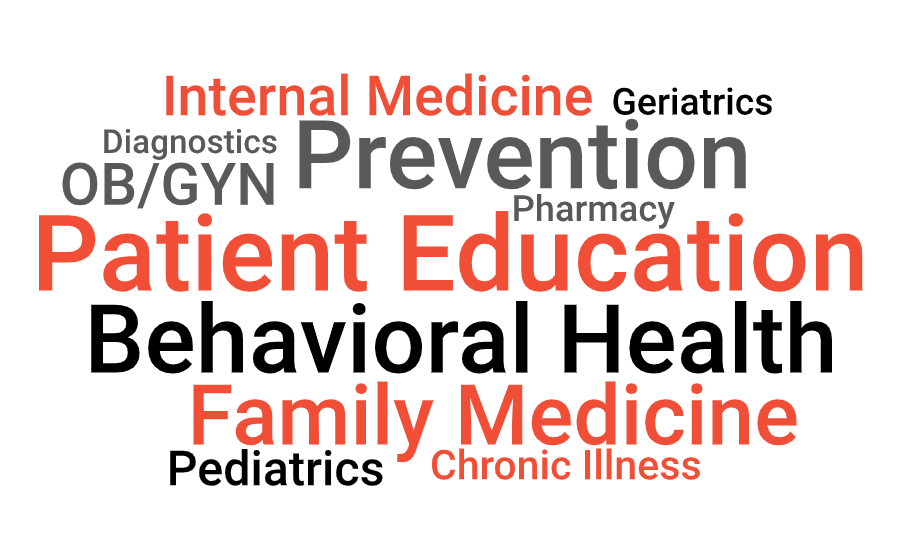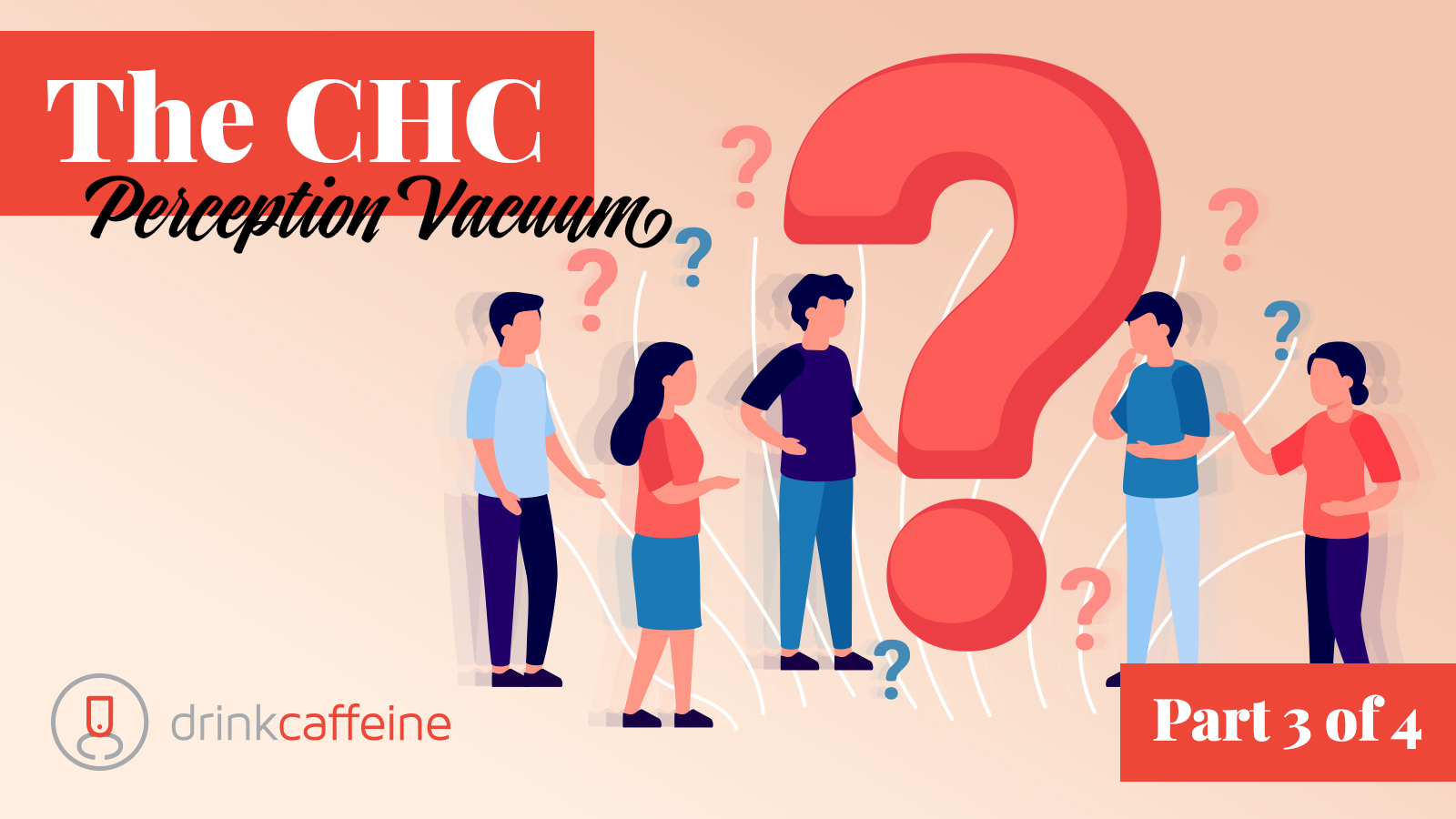Insight 3: Many people think CHC care is limited compared to other health systems
A drinkcaffeine study of 300+ consumer healthcare decision-makers reveals what people are prepared to believe about CHCs, and how CHCs can unlock market potential as they pursue the goal of population health. Access the full study.
Nearly 50% believe that CHCs don’t offer as many types of care as other health systems
The statement we tested: “Community Health Centers don’t offer as many types of care as other health systems.”
48% agree with the statement
24% disagree.
AND nearly 28% “Don’t Know.”
Action 1: Patient Education regarding a lifetime of care
With nearly one-third of consumer perceptions about the diversity of CHC care up for grabs, it’s time for CHCs to talk about their scope of care as a lifelong resource and their presence as a committed relationship with the community
CHCs need to showcase their capabilities and focus their message on the lifetime of primary care resources offered. These services need to be explained separately and collectively in web page content, waiting room content, and in conversation.

Action 2: Redefine the PCMH Model
The Patient Centered Medical Home (PCMH) concept needs further explanation. When the PCMH designation was reintroduced in 2007 (its roots are in pediatric medicine), it was intended to “reinvigorate primary care and achieve the triple aim of better quality, improved experience, and lower costs.” (US Dept of Health) But the idea has been slow to take root. As of 2017, Harvard was still explaining this “new model for medical care.” And there’s no research yet to tell us if patients know or care about PCMH.
CHCs will benefit by making the value of the PCMH ethos relevant to patients. Family medicine profiles, digital communication regarding life transitions, and explanation of PCMH credentialing are three ways to reinforce the value of the PCMH model.
Contact us when you’re ready to use healthcare communications to solve problems.


